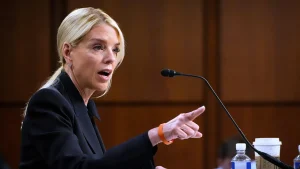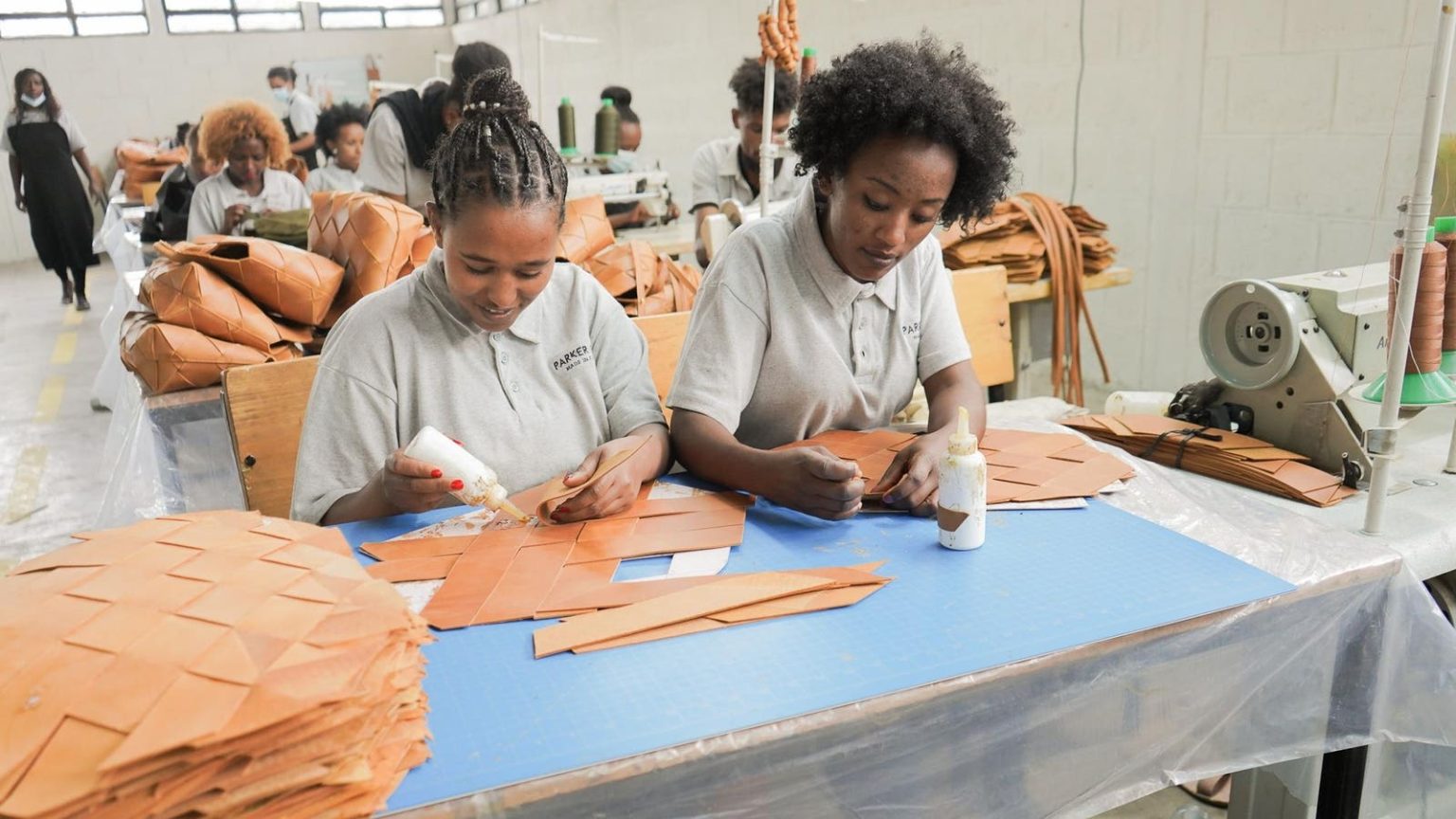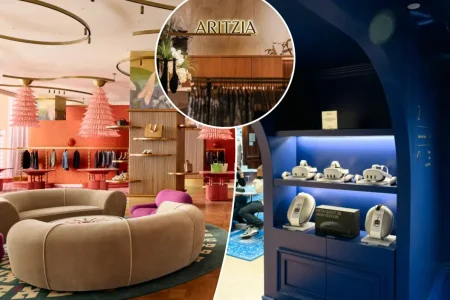Parker Clay: Redefining Ethical Fashion in Ethiopia
The global leather goods market, estimated at $242.85 billion in 2022, is poised for significant growth. Yet, the industry faces a critical challenge: balancing economic expansion with the urgent need for ethical and sustainable practices. Traditional leather production, reliant on chrome tanning, carries a heavy environmental and social cost. Chromium runoff contaminates ecosystems, while tannery workers, including children, suffer from health issues. This stark reality necessitates a fundamental shift in how leather goods are produced and sourced.
In this context, Parker Clay, Ethiopia’s largest leather goods exporter, stands out as a beacon of change. The company, a recipient of the 2023 U.S. State Department’s Award for Corporate Excellence, has built a vertically integrated model, owning and operating its factory in Ethiopia. This direct oversight allows them to prioritize ethical labor practices and environmental responsibility throughout their supply chain, a stark contrast to the industry’s often opaque and exploitative norms.
Co-founders Brittany and Ian Bentley have championed a mission-driven approach, earning Parker Clay B Corp certification. Central to their ethos is the empowerment of women in Ethiopia, where gender pay disparities remain significant. Through partnerships with organizations like Ellilta Women at Risk (EWAR), Parker Clay provides job training, financial literacy programs, and career advancement opportunities to vulnerable women. Their collaboration with women-led banks, such as Enat Bank, further promotes financial inclusion, enabling economic independence and social mobility within the community.
In an interview, Brittany Bentley elaborated on Parker Clay’s journey and strategies. She emphasized the company’s commitment to ethical manufacturing, highlighting the importance of their vertically integrated model. This approach allows them to control every stage of production, ensuring fair wages, safe working conditions, and environmentally sound practices. Bentley also discussed the challenges of balancing growth with a mission-driven model, particularly during the COVID-19 pandemic. The "Better Together" campaign, launched during the crisis, demonstrated the strength of their customer community, who invested in the company’s future through long-term gift cards, allowing Parker Clay to weather the storm.
Bentley also detailed the rigorous process of becoming a B Corp, emphasizing its value in scrutinizing all aspects of their operations, from product packaging to employee well-being. She highlighted how the certification provided a framework for continuous improvement, ensuring that their practices align with the highest social and environmental standards. This ongoing commitment reflects Parker Clay’s belief that ethical business practices are not just a marketing tactic but a fundamental responsibility.
The discussion further explored Parker Clay’s focus on women’s empowerment. Bentley highlighted the comprehensive support provided to their female employees, including skills training, financial literacy programs, and partnerships with organizations dedicated to helping at-risk women. These initiatives extend beyond the factory walls, promoting broader community development and fostering lasting change. The partnership with EWAR, for instance, has helped hundreds of women escape exploitation and achieve economic independence.
Addressing the challenges of scaling an ethical business, Bentley underscored their core values of courage, learning, and optimism. She emphasized the importance of staying true to their mission even amidst pressures to compromise, recognizing the growing consumer demand for ethically produced goods. Parker Clay’s resilience during the COVID-19 pandemic, fueled by their loyal customer base, exemplified their ability to navigate crises while remaining committed to their values.
Looking ahead, Parker Clay is expanding into private label manufacturing, aiming to influence ethical production practices across the wider fashion industry. This strategic move positions them to leverage their expertise and model to drive positive change within the sector. By demonstrating the viability of a fully integrated, ethical, and sustainable model, Parker Clay challenges the industry’s conventional wisdom and offers a roadmap for a more equitable future. Their story provides valuable lessons for businesses seeking to balance growth with social impact, proving that ethical practices are not a constraint but a catalyst for innovation and long-term success. In a world increasingly aware of the social and environmental costs of consumerism, Parker Clay’s example shines brightly, offering a "better bag for a better world," and inspiring a much-needed transformation within the fashion industry.














